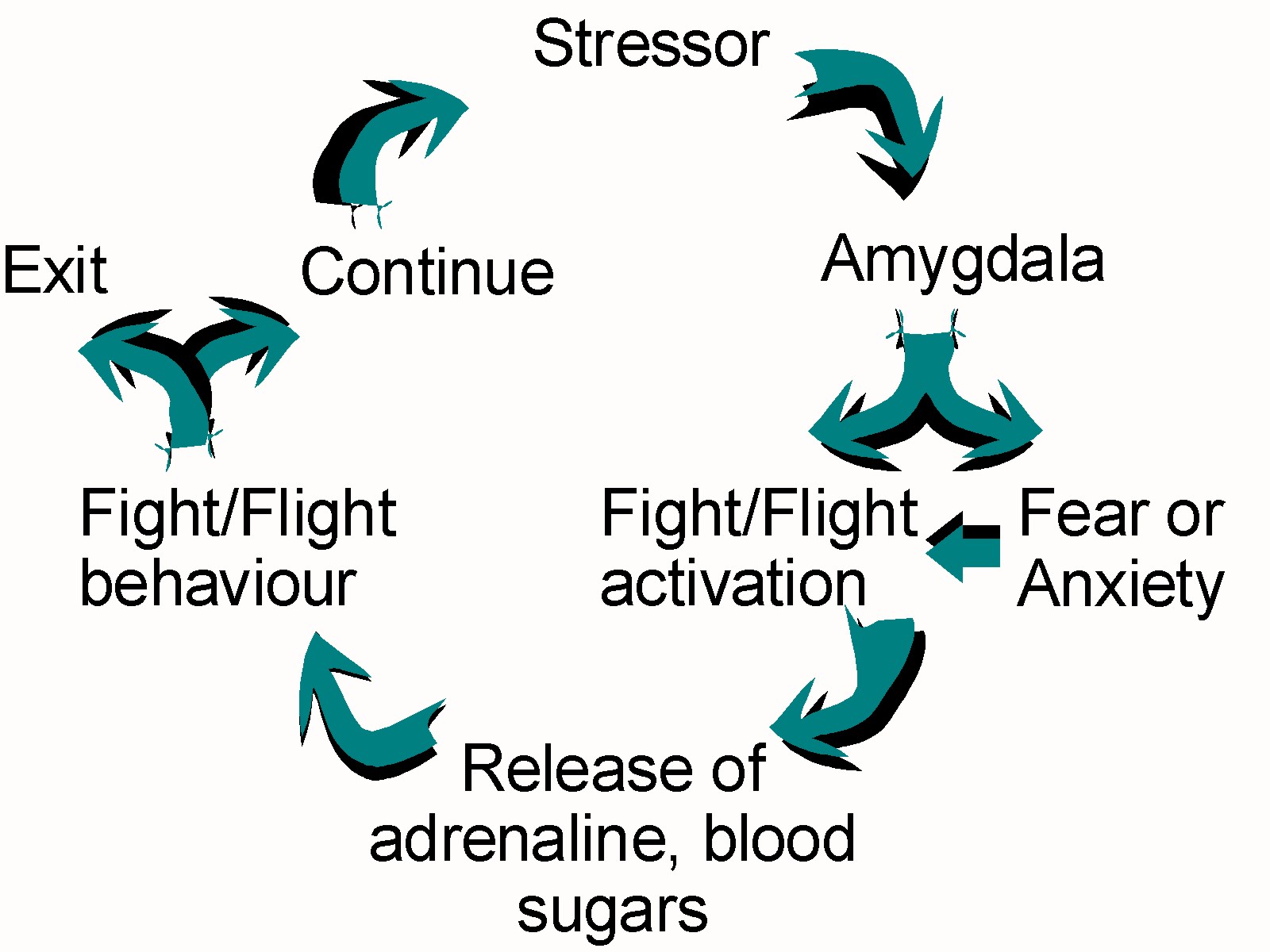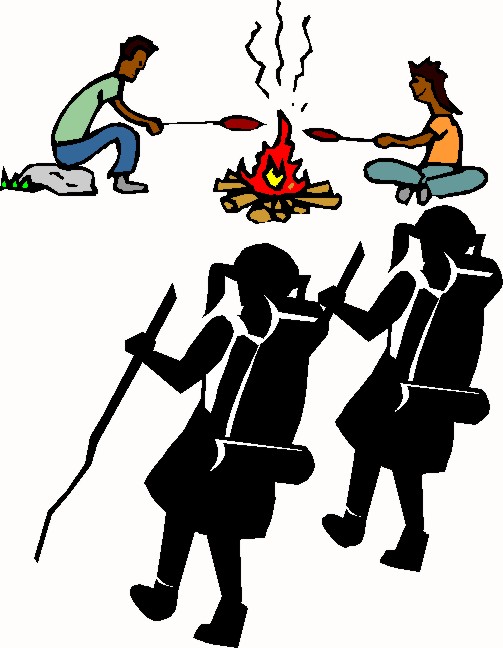On Stress and Anxiety
What is Stress and Anxiety

Anxiety and anxiety-related concerns are often characterised by fears, general unease, intrusive thoughts, nervousness, panickiness, phobias, repetitive thoughts and/or worries. Anxiety may present itself physiologically, such as when you are very aware of your sweaty palms, upset stomach or heart palpitations. Anxiety may also present itself more cognitively, such as when you constantly think about the things that worry you. Anxiety may be free-floating and thus not attributed to anyone or anything specific. Anxiety may also be directly associated with someone or something specific such as dental phobias, public speaking anxiety or fear of flying.
Stress can be life- or work-related. You may not necessarily recognise when you are feeling stressed, but it may show up in the form of bodily tension or bruxism (jaw clenching).
Both stress and anxiety can have a negative impact on your sleep (either getting to sleep or staying asleep). Ironically, some people remain awake at night worrying about their inability to get to sleep. I will talk about the importance of sleep and tips for getting a good night sleep in the next two articles below.
Both stress and anxiety can emanate from an overactive amygdala (the brain's danger detector, which lives in the mid-brain). Our amygdalas evoke emotions of fear and anxiety so that we respond quickly to whatever is happening around us. In the midst of a jungle, where there are wild beasts who might want to eat us, our amygdalas serve a valuable purpose. However, in the share market, or when responding to a boss' frown, we are no longer in a life-or-death situation. Yet, our amygdalas respond as if we are. By calming our amygdalas, then, we are also able to calm down our stresses and anxieties.
Calming our amygdalas is as simple as doing some quiet deep breathing for five to ten minutes at a time. The process of focusing on your breathing, and allowing your lungs to really fill and then empty, is relaxing in and of itself. By engaging in deep breathing activities thrice daily, we are calming down our amygdala's responsivity. In so doing, we may find that we are less likely to get anxious or stressed in the moment. Instead, we may find ourselves responding to life's circumstances more calmly, serenely, more centred and in control. We can also fold some additional deep breathing activities into our day if we know we are about to engage in something we normally find stressful or anxiety-provoking, or if we know we are going through a particularly stressful patch in our lives. See also Taming the Amygdala.
COVID TIPS

It has now been two years since the start of the COVID pandemic. Many of us have felt anxious or concerned about getting the virus. In Melbourne, we have experienced a number of lockdowns and this has had an unintended impact of isolating us from family and friends, as well as restricting the kinds of activities we like to engage in.
March 2022 has seen many of us become double- or triple- vaccinated. We have also seen an Omicron strain, which has been more infectious and less dangerous than previous strains. There is hope that we may be coming out of the pandemic. Yet, life as we know it will never be the same as it was before the pandemic.
We have all had to be agile and adaptable in order to survive in this brave new world. Many of us have used the time at home to learn a new skill or invest in the family home or garden. Coming out the other end, we may find ourselves better, stronger, more resourceful, more resilient and more able than we were before the pandemic started. If we haven't already, it is time to start reconnecting with family and friends. It may also be a good time to show kindness to strangers. We don't know each other's stories, but we can guess that there has been something. We have all been touched by the pandemic. See also COVID Tips.
Importance of Sleep

We all need our beauty sleep. Did you know that we have three stages of sleep? The first stage is known as a light wave stage of sleep (LWS). The second stage is the REM stage (where we dream). The third stage is known as the slow wave stage (SWS). The third stage is also the deepest stage of sleep and is characterised by the presence of delta waves.
The third stage of sleep is thus the most restorative stage of sleep. It is in this stage when our minds and bodies repair themselves. It is also where our brains can process daily events (stored as memories). If we have not had enough sleep for a few days, it is in the third sleep stage that we spend most of our restorative sleep.
The proportion of our sleep time spent in the third sleep stage decreases as we age. So much so that infants spend most of their sleep time in the third stage of sleep while the elderly may not spend any of their sleep time in this stage of sleep.
So, why is all this important? We all need our sleep. With the restorative effects of stage 3 sleep, it is indeed our beauty sleep. It is the space in which both our minds and bodies can fully heal themselves. So, why not make sure you get a good night's sleep, each and every night. And, fully enjoy your beauty sleep. See also Importance of Sleep.
Tips on Getting a Good Night Sleep

This article provides five tips on getting better sleep. Each and every night.
Tip 1. Sleep Hygiene: Towards the end of your evening, be sure to turn off T.V.s, electronic devices and dim lighting. You may also like to turn down the volume of any music you might be listening to. By dimming lighting and taking yourself away from the lighting used by electronic devices, you are letting your mind know that it is time to wind down in preparation for sleep.
Tip 2. Attend to Your Comfort, Breathe Deeply: Once you are ready to tuck yourself into bed, pay attention to your own comfort. Are you warm enough in the winter months and are you cool enough in the summer months? You can then do some quiet deep breathing. By paying attention to the sensations of your own breathing, you are helping to calm your mind in readiness for sleep.
Tip 3. Visualise Serenity: The second tip might be all you need to drift off into a good night's sleep. However, if you need more, you can visualise the most idyllically relaxing place you have ever been too. Your visualisation might be a composite of elements from several lovely places that you have been to in the past. It might even be something that you have created out of your own imagination. Whatever it is that you came up with, you can allow yourself to focus on what you can detect through each of your five senses in turn. Really allow yourself to fully luxuriate in this experience.
Tip 4. Drift Off into Sleep: By using the second tip, perhaps in conjunction with the third tip, you will find that you just drift off into a good night's sleep.There is nothing you particularly need to do to have that happen. Just allow yourself to drift with the moment. If you find thoughts or worries percolating to the surface of your attention, feel free to acknowledge those thoughts and then let them drift on by. If this is the time when all your great ideas percolate to the surface, you may like to keep a pen and notepad by your bedside. That way, you can jot them down. And, in so doing, free your mind to sleep.
Tip 5. Repeat Each Night: If you find yourself waking up in the middle of the night, you can repeat tips 2-4. Otherwise, you can simply do them as part of your bedtime routine. Each time that you do so, you calm down your amygdala and prepare your mind for sleep. At the end of each day, you can rest assured of having a very good night's sleep. See also Sleep Well.
Quick Tips: Building Confidence

On the other side of anxiety, lives self-confidence. Confidence is an elusive feeling. We may feel confident in one area of our lives. Yet in others, we may feel out of our depths. And, when we feel this way, the things we fear going wrong, often do. The elusiveness of confidence in one or more areas of our lives can occur in spite of how much we say or do the right things in the right way. So, what can we do to build confidence in each area of our lives? This article provides five quick tips that you can use to build your confidence in all that you do. Each of these tips can be utilised individually or in combination with the remaining tips.
Quick Tip 1. Reach for the Ceiling: The quickest tip you can adopt is to reach for the ceiling. Yes, most of us are too short to actually reach the ceiling (unless we stand on something), but we can stretch ourselves upwards to be as tall as we can possibly be. In so doing, we elicit more of our own innate confidence.
Quick Tip 2. Stand and Sit Expansively: Throughout your day, be sure to stand and sit tall. If you catch your reflection in the mirror, be sure to correct your posture so that you are standing and sitting as tall as you can. As with the first tip, doing so will elicit more of your own innate confidence. Moreover, others will see you as being confident and will treat you accordingly.
Quick Tip 3. Recall a Time When... It is often useful to recall a time when you were feeling confident. It does not matter where that experience of confidence came from. And, it does not matter where you want to feel confident right now. For the time that you can recall, you can metaphorically step into that memory, being sure to visualise your experience through each of your five senses. You can then transfer your experience to the situation you now want to feel confident in.
Quick Tip 4. Recall Someone Confident You Know: This tip involves the same process as per the third tip, except this time, you are drawing on the memory of someone you know who comes across as confident, rather than a time where you recall feeling confident within yourself. This tip is useful if you cannot recall a time in your life where you felt confident. It is also a powerful tool when you combine this tip with that of the previous tip.
Quick Tip 5. Act As If: As this tip suggests, you can just act as if you are confident. Act as if you do feel confident. In so doing, you can elicit more of your own innate confidence. Others will see you acting more confident and will treat you as if they know you know what you are saying/doing. In turn, this can fuel even more confidence within you.
More Information?
If you would like to know more about this topic, feel free to email Dr. Rachel Abramson or bookmark this page so you can return to it in future.






